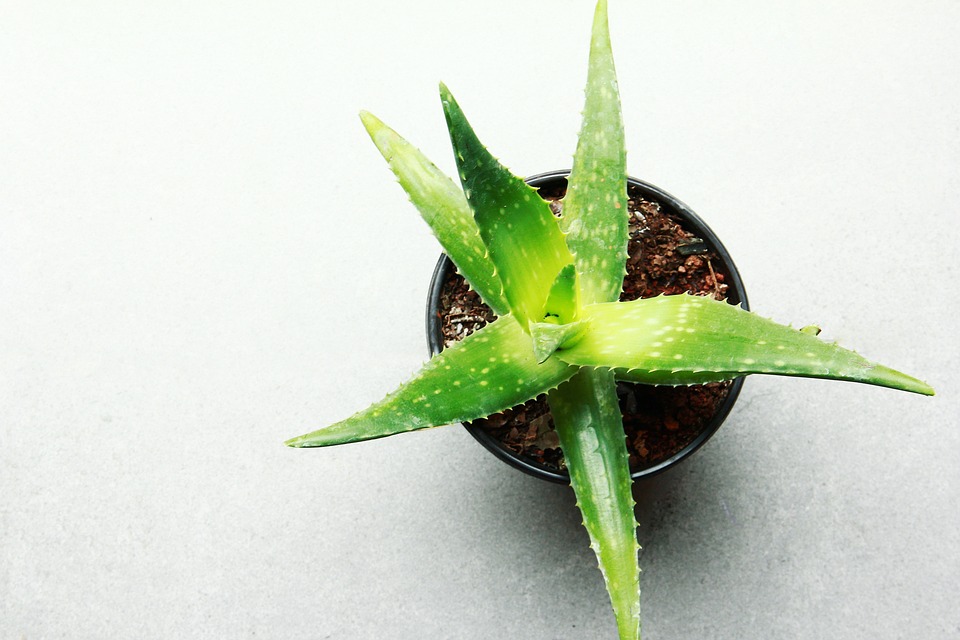Introduction
Creating a bountiful vegetable garden is every gardener’s dream.
Whether you are a novice or an experienced gardener, there are always secrets to be unlocked to maximize your garden’s productivity.
In this article, we will provide you with expert tips that will help you achieve a thriving vegetable garden that will yield an abundant harvest.
Preparing Your Garden
Choose the Right Location
Before digging in, it’s important to select the perfect location for your vegetable garden.
Look for an area that receives at least six hours of sunlight per day.
Full sun exposure is crucial for the successful growth of most vegetable plants.
Test and Improve Your Soil
One of the secrets to a productive vegetable garden lies in healthy soil.
Start by testing the pH level of your soil to ensure it is within the optimal range for vegetable growth.
You can purchase a soil testing kit from a local gardening supply store or send a soil sample to a nearby agricultural extension office.
Additionally, improve the soil quality by incorporating organic matter such as compost or well-rotted manure.
This will provide essential nutrients and improve the soil’s structure.
Plan and Space Your Crops Properly
Proper planning and spacing of your crops are essential for maximizing productivity.
Consider the mature size of each vegetable plant and provide enough space between them to facilitate air circulation and prevent overcrowding.
Proper spacing will also help minimize the risk of diseases and pests.
Planting Techniques
Start with Quality Seeds or Seedlings
The foundation of a successful vegetable garden lies in the quality of the seeds or seedlings you choose.
Purchase seeds from reputable suppliers or start your own seedlings indoors.
Ensure that the seeds are fresh and free from disease or pests to give your plants the best possible start.
Practice Succession Planting
Succession planting is a technique where you continuously sow seeds or transplant seedlings throughout the growing season, ensuring a continuous harvest.
By staggering your planting, you can extend the harvest period and prevent overwhelming gluts of produce.
Proper Watering and Mulching
Maintaining proper moisture levels is crucial for the health of your vegetable plants.
Water them deeply and consistently, ensuring that the soil is moist but not waterlogged.
Mulching around your plants will help retain moisture, keep weeds at bay, and maintain a more even soil temperature.
Fertilizing and Maintenance
Use Organic Fertilizers
Avoid using synthetic fertilizers that can harm the environment and potentially contaminate your vegetables.
Instead, opt for organic fertilizers such as compost, worm castings, or well-balanced organic fertilizers.
These will enrich the soil with essential nutrients, promoting healthy growth and productivity.
Regular Weeding and Pest Control
Weeding is an essential task in maintaining a productive vegetable garden.
Remove weeds regularly to prevent them from competing with your vegetables for resources.
Additionally, implement natural pest control methods, such as companion planting or introducing beneficial insects, to keep destructive pests at bay.
Monitor for Diseases
Regularly inspect your plants for signs of diseases or pests.
Promptly remove any infected plant parts and treat the affected plants with organic disease control measures.
Early detection and intervention can help prevent the spread of diseases and protect the overall health of your garden.
FAQs
What vegetables are best suited for a beginner’s garden?
Some vegetables that are easy to grow and perfect for beginners include tomatoes, lettuce, cucumbers, carrots, and radishes.
They have relatively straightforward growth requirements and offer satisfying results.
What is the best time to start planting vegetables?
The optimal planting time for vegetables depends on your climate and the specific plants you are growing.
However, a general rule of thumb is to start planting after the last frost date in your area.
You can consult a local gardening calendar or seek advice from experienced gardeners in your community for more specific information.
How often should I water my vegetable garden?
Vegetable gardens generally need about 1-1.5 inches of water per week.
However, the frequency of watering may vary depending on factors such as temperature, soil type, and plant variety.
It is essential to monitor the moisture levels regularly and adjust your watering schedule accordingly.




